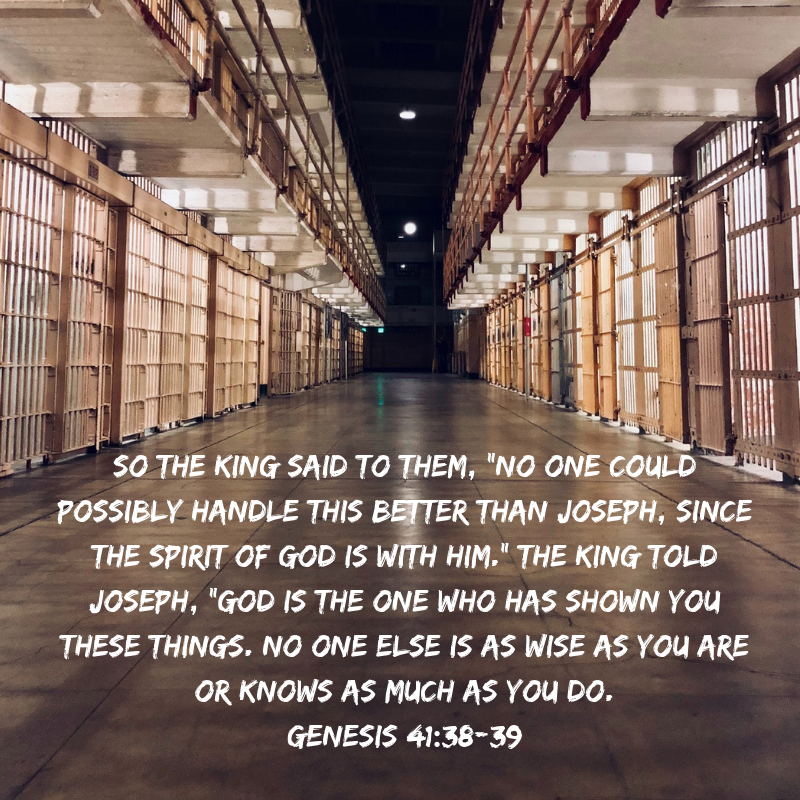“Everything is meaningless,” says the Teacher.
There is nothing new under the sun.
Generations come and generations go,
but nothing ever changes.
We don't remember what happened in the past,
and in future generations,
no one will remember what we are doing now.
—from Ecclesiastes 1
No wonder the Teacher
took such a dim view
of human accomplishment.
Back-breaking labor.
Hours of study.
/blood/
Tragedy absorbed.
Ingenious invention.
/sweat/
Disaster averted.
Strategy planned.
/tears/
Battles lost and won
and lost again.
If a man can
single-handedly
deliver an entire nation
from destruction
and be forgotten
within a
single
generation,
there is no such thing
as a lasting achievement
among the peers
you try so hard
to impress.
Joseph would have fallen
into eternal obscurity
if his name hadn't been
remembered by
the only One
who doesn't
come and go,
the only One not
under the sun.





















